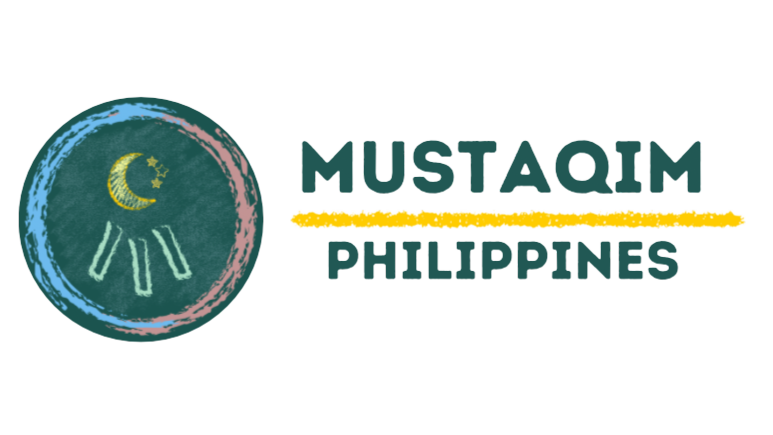Ramadan is considered as the most celebrated and known event in Islam. It comes from the Arabic word “Ar-Ramad” or “Ramidha” that means “scorching heat” in English. The Arabs used that term to refer to land which was heated by the sun (fluentarabic.net). The meaning is also associated with the burning of the believers’ sins that is compared to a sun’s power to evaporate water from the ground. During the propagation of Islam, the term was born when the months in the Islamic calendar was all changed from the ancient language according to the seasons, in which the month of Ramadan fell on the hottest month of the year.
In the Philippines, Ramadan is celebrated by Filipino Muslims by way of fasting or sawm, one of the Five Pillars of Islam, wherein Muslims refrain from eating and drinking between dawn and sunset. Before dawn, it is common for them to have one meal before the fasting starts. This is called “suhoor,” and “iftar” which they take after sunset. For Muslims, fasting is their form of worship, a chance to get closer to Allah, and to avoid sins during the holy celebration of their beliefs. Their fasting is accompanied by prayers which is known as “salah” or “salat,” also one of the Five Pillars of Islam.
To mark the end of Ramadan, a special festival is being celebrated called Eid al-Fitr or “The Festival of Breaking of the Fast” in English. During this celebration, Filipino Muslims are attending communal prayers, giving zakat (charity in the form of food), listening to khutba (prayers), and giving gifts to fellow Muslims.
